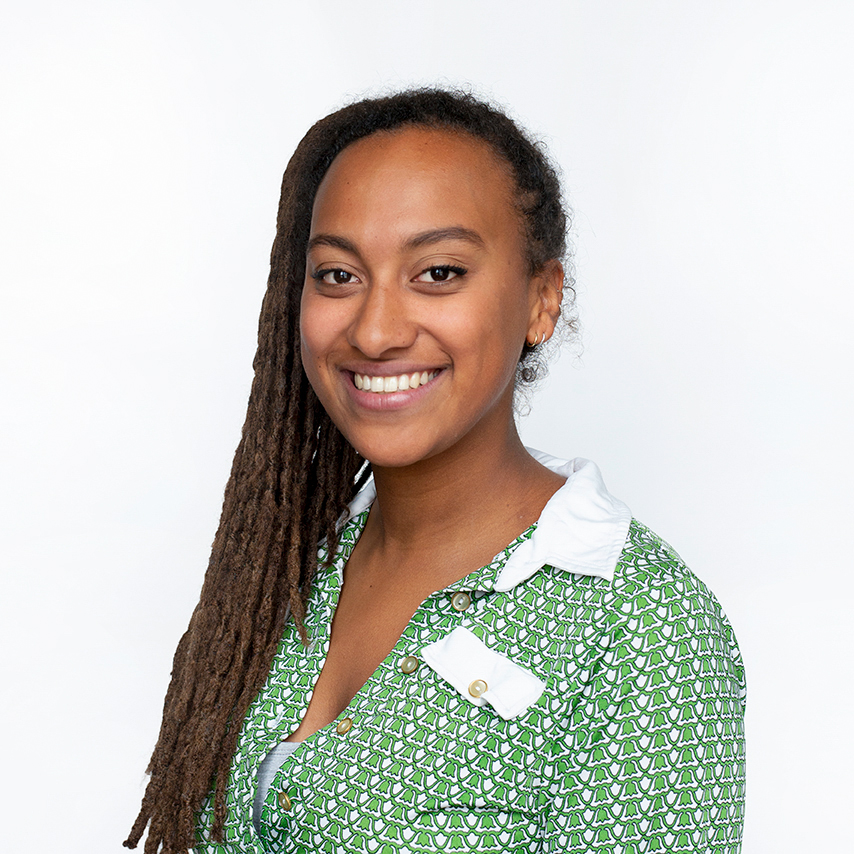

Myanmar is in crisis. In 2020, government leader Aung San Suu Kyi won the country’s elections for the second time. The army disagreed with the outcome, organized a coup d’etat and arrested her. The 33rd Freedom Lecture will be given by the leading young Myanmarese activist Thinzar Shunlei Yi. After the coup in February, protests followed that persist to this day.
In 2015 Myanmar had its first democratic elections since the 1960s after military rule ended in 2011. In February, the military carried out a coup d’état and arrested former government leader Aung San Suu Kyi. The coup sparked months of protests, which were brutally crushed by the military. More than 850 civilians have been killed by security forces since the coup in Myanmar, according to human rights groups. Also, almost 5,000 people are said to have been arrested, charged or convicted for political reasons.
The initiative for the protests mainly comes from young people that have never protested before, and are inspired by other protests in the region, such as Hong Kong. The protest movement in Myanmar has no leader, which makes it very hard to stop. In an interview with Time Magazine, Thinzar Shunlei Yi stated:
“The protesters are not just organizing anti-coup protests any more because we are now … doing a revolution, a revolution against the political system and cultural system in the country.”
Speakers
Thinzar Shunlei Yi is a winner of the Women of the Future Southeast Asia Award 2019 and Emerging Young Leader awardee by U.S Dept of States. She works with local political coalition called ACDD as an advocacy coordinator for human rights and democracy in Myanmar. Thinzar was the main organizer of the diversity and solidarity campaigns and is currently running global campaign called #Sisters2Sisters for solidarity for Myanmar Women.
Minka Nijhuis has been working as a freelance journalist and author since 1990. She writes for NRC Handelsblad, Vrij Nederland, De Groene Amsterdammer, Vervolgd, MO and various other magazines. She also contributes to VPRO radio and occasionally to other radio and TV programmes.
Nijhuis mainly works in conflict areas and countries that are difficult to access, including Syria, Iraq, Afghanistan, Burma/Myanmar and other countries in Southeast Asia. She specializes in slow journalism, narrative investigative journalism, which reveals what is hidden behind the daily news flashes. She has written seven books, including three books about Myanmar where she has been several times and met with former government leader Aung San Suu Kyi.
Maaike Matelski has an interdisciplinary background in social sciences with a focus on anthropology, development, human rights, civil society and social movements. In 2016 she finished her PhD on civil society in Myanmar at the VU’s Department of Social and Cultural Anthropology, for which she was awarded the faculty dissertation prize in January 2017 and the research prize of the Praemium Erasmianum Foundation in May 2018. Her research mainly focuses on social and political activism at various levels: community, regional and (trans)national. She particularly look at issues of voice, representation and legitimacy within rights-based advocacy.
Sprekers


